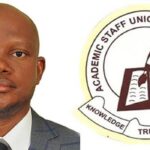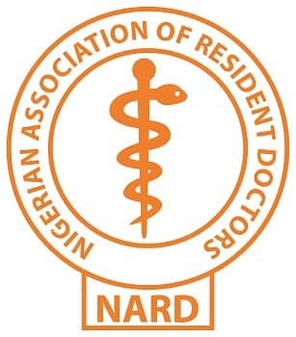The Federal Government has officially endorsed Nigeria’s growing status as a regional center for advanced medical education, commending the Institute of Medical Sciences Africa (IMSA) for its pivotal role in training healthcare professionals from across the continent. This initiative, according to officials, directly supports national strategies to retain vital medical expertise and reduce the outflow of resources spent on medical tourism.
The recognition was delivered in Abuja by the Director of University Education, Hajiya Rakiya Gambo Ilyasu, who was speaking on behalf of the Minister of Education, Dr. Tunji Alausa. She articulated that IMSA’s program is a powerful catalyst for achieving the government’s broader objectives of expanding medical education and building sustainable healthcare capacity within the region.
Ilyasu highlighted the symbolic and practical significance of having trainees from numerous African nations, including Chad, Sierra Leone, and Togo, choosing Nigeria for their specialist education.
“The presence of our African brothers and sisters here, seeking knowledge they may not have access to in their countries, is a testament to the quality we are building and demonstrates our commitment to strengthening healthcare beyond our own borders,” she stated.
She further explained that this knowledge transfer creates a powerful multiplier effect, as these professionals return home to uplift their own national health systems—a outcome she proudly described as “a plus for Nigeria.”
Echoing the government’s sentiment, the Managing Director of IMSA, Dr. Adamu Onu, provided concrete economic rationale for the initiative. He pointed to the significant financial drain of medical tourism, noting that Nigerians “spend millions abroad for services that could be offered locally if more specialists were trained.”
Dr. Onu described the institute’s mission as a direct solution to this problem. “By deliberately building capacity at home and strategically extending training opportunities to our neighbouring countries, we are actively positioning Nigeria as a definitive hub for advanced healthcare in Africa,” he asserted.
This ambition is built upon a proven track record of innovation. Dr. Onu noted that NISA Premier Hospital, IMSA’s clinical partner, made history by pioneering the country’s first successful in-vitro fertilization (IVF) procedure in 1999. Since then, the group’s programs have cultivated a new generation of experts, having trained over 200 doctors, nurses, and embryologists in various high-demand specialties.
Delving into the critical importance of specialized training, IMSA’s Director of Training, Prof. Nkeiruka Ameh, explained that programs focusing on advanced techniques, such as embryo biopsy, are fundamental to improving success rates in complex procedures like IVF.
“Embryologists are the unsung heroes of fertility treatments; better, hands-on training directly reduces failure rates and, ultimately, brings hope to families struggling to conceive,” she stressed.
With the federal government’s backing, IMSA has pledged to continue its expansion of specialized training opportunities, foster new strategic partnerships, and fully support the national goal of establishing a stronger, more self-reliant healthcare ecosystem for all of Africa.















Leave a comment